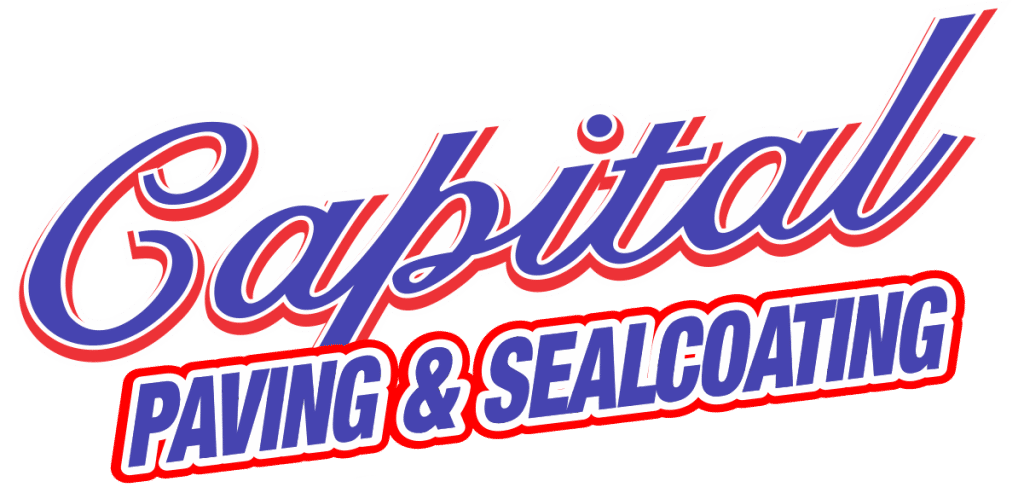When people enter your property, your driveway is the first thing people encounter. You want to make the first impression a good one, which means you must give some thought to the material you choose. However, this can be challenging because there are so many options:
- Recycled Millings
- Brick
- Asphalt
- Gravel
- Tar/Chip Seal
In some areas, especially rural ones, gravel is becoming the “go-to” option for driveways and some roadways because it is easier to install and is more budget-friendly than other materials.
At Capital Paving and Sealcoating, we are proud to offer gravel as one of our options for paving driveways and long roads.
What is Gravel?
Gravel is a loose rock/stone material that is smaller than cobble, but larger than a grain of sand. This means that it ranges from approximately 1/10” to 2.5” in diameter. The best gravel for driveways and long roads is a processed blend consisting of clay, rocks, and sand. The reason we recommend this is because it compacts better, creating a stable surface.
Coarse gravel/stone paving allows water to flow through, while other types of gravel shed water like solid materials (asphalt or concrete).
Which Properties are Best Suited for Gravel Driveways?
We recommend gravel driveways for those who are on a budget. However, this material works best for homes in rural areas. In some cases, it may work in urban areas like farm roads.
If you have large tree roots or your property tends to move, a gravel driveway can be accommodating and flexible. Due to cost, many owners of larger properties prefer gravel over other options.
Gravel Driveway Maintenance
In order to optimize the appearance and functionality of your driveway, you need to maintain it. A gravel driveway requires more maintenance than other options. Depending on the amount of traffic your driveway receives and the local climate, gravel surfaces may need to be graded at least once a year- possibly more.
A gravel driveway is more likely to develop grooves, potholes, and dips from normal usage. The gravel can be gouged out faster with activities such as turning around vehicles. The good news is these grooves, potholes, and dips are easy to fix by adding some new gravel. This should be done as soon as possible, or they will only get larger and deeper.
Winter maintenance is a challenge with gravel driveways because snowplowing and scaping tend to displace the gravel.
How Long Does a Gravel Driveway Last?
A gravel driveway may last 100+ years with proper care and maintenance. One of the biggest advantages of gravel is that it can be repaired/replenished at any time. Solid surfaces such as concrete and asphalt are more challenging and expensive to repair and, in some cases of extensive damage, replacement is the only option.
Gravel is also less likely to be damaged by freeze/thaw cycles than solid materials.
Ideas & Tips for Improving Your Gravel Driveway’s Appearance
Consider the following ideas/tips to make your gravel driveway look more elegant:
- Create a finished look by edging the driveway with bricks/pavers, a cement frame, or low plants/flowerbeds.
- Build a low stone wall along the border of the driveway.
- Choose gravel in the same or similar color as your home.
- Create a welcoming, styled entrance by combining elements such as pavers, planter boxes, and fencing/gates
- Combine gravel with pavers to create a varied, textured design
Let Capital Paving and Sealcoating Install Your Gravel Driveway
If you are interested in exploring gravel as an option for your driveway or parking lot, let Capital Paving and Sealcoating help. Contact us today and we will be happy to schedule a consultation so that we can come to your property to show you the benefits of gravel.
